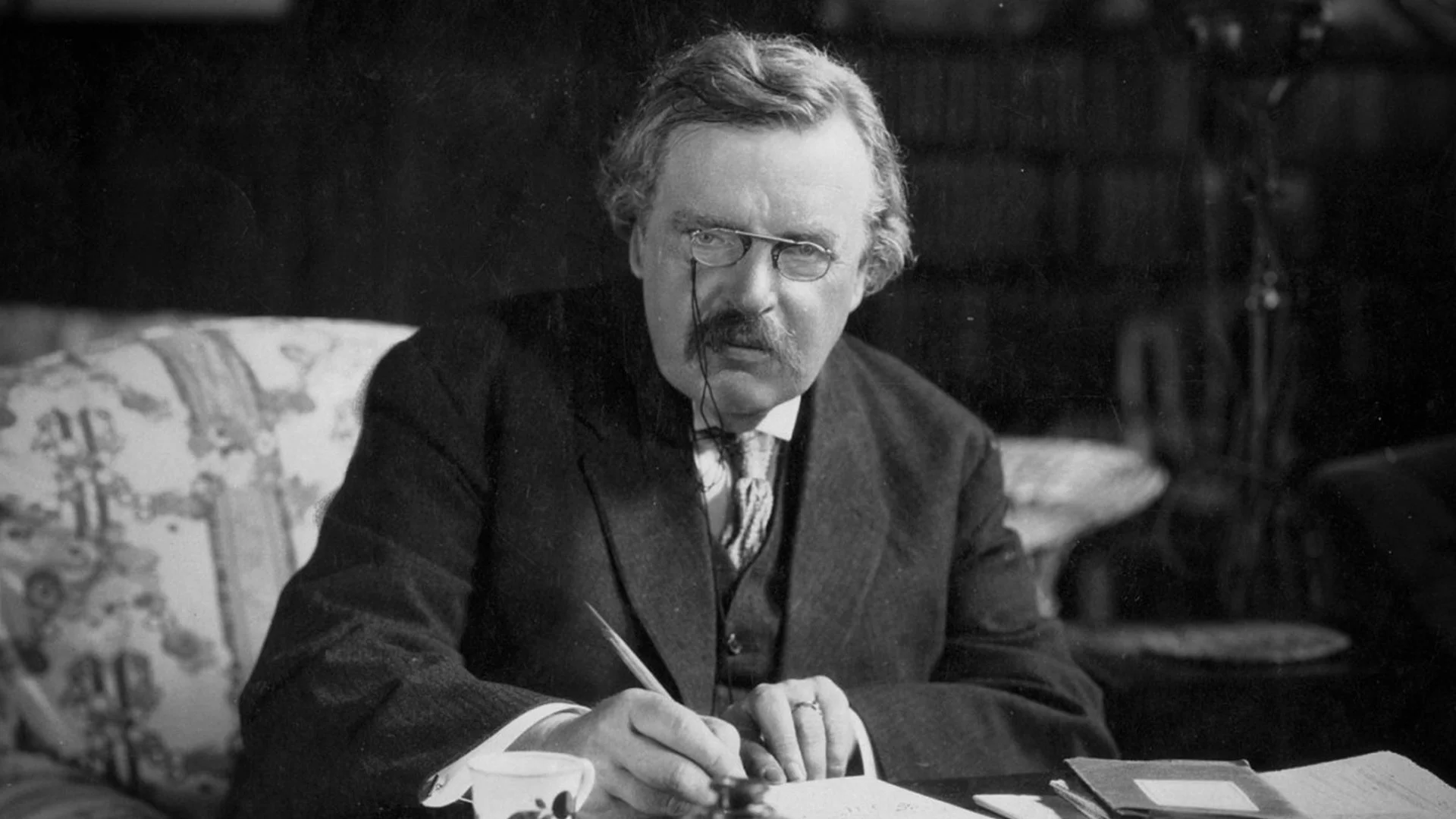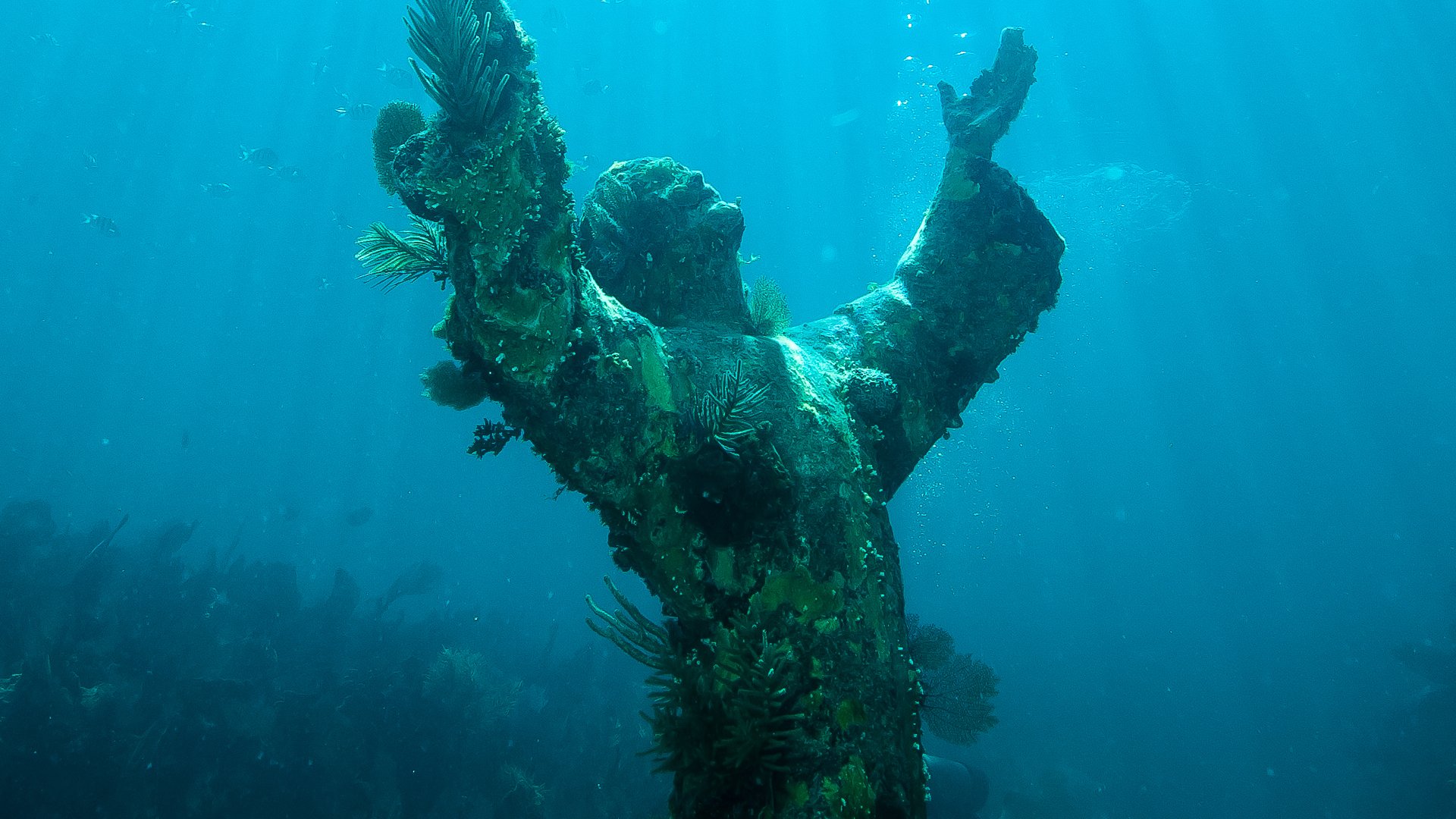Golfing legend Arnold Palmer said, “Golf is deceptively simple and endlessly complicated; it satisfies the soul and frustrates the intellect. It is at the same time rewarding and maddening—and it is without a doubt the greatest game mankind has ever invented.”[1] A third of all the people in the US have tried the game of golf. This year, 27 million people will play a round. With over 500 million rounds being played each year,[2] it’s clear that leaders can learn important lessons from this popular sport. Some men love golf, while others a deeply frustrated by it. Here are just a few of the life and work lessons you might take away from golf:
Make the most of the day. Golfers will often talk about a great round—all of their shots were accurate, and they just seemed to be “on their game”. But the next day could be entirely different. Golf is fickle, and it’s incredibly difficult to be consistent. Even the pros have good days and bad days. The solution is to make the most of the day that you can. When you take a bad shot, put it out of your mind, and concentrate on what’s ahead. More than anything, enjoy it. Golf is, after all, just a game. As a leader, also heed this advice. Take care of what’s in front of you—don’t just look to the long term at the expense of the short. And if you’re not enjoying your time in leadership, then you’re doing something wrong.
Minor changes make a big difference.[3] Golf is a game of many miles, and a game of millimeters. Just a small change can be a tremendous adjustment to your success. The way you place your feet, pull the club back, aim the clubface and follow through—a touch of adjustment here or there can improve your result. Golfers can spend hours training their muscles to repeat moves with exacting care to improve their game. Golf champion Tom Watson said, “ My golf swing is a bit like ironing a shirt. You get one side smoothed out, turn it over and there is a big wrinkle on the other side. Then you iron that one out, turn it over and there is yet another wrinkle.”
For the leader, this aspect of golf is expressed in his willingness to experiment and change. Looking at your day, your goals, your activities and actions, your responsibilities, and ask, “What can I adjust that will make an improvement in my leadership and performance?” Sometimes it is the smallest of things—prioritizing a person, a conversation, saying a thank you, arriving early, finding an opportunity to serve.
The majority of the game is played between your ears. Golfer Sam Snead said of the golf course, “Of all the hazards, fear is the worst.” Perhaps the greatest challenge of golf to most players is the mental aspect. A bad shot, a ball in the rough, a missed putt—it will mess with your mind, affecting your next play, and the next. Great golfers learn to isolate themselves for the shot at hand. Golfing great Gary Player said, “We create success or failure on the course primarily by our thoughts.”
And he’s right! Leaders, too, can greatly elevate their leadership through their thoughts and attitude. A poor mental state leads to bad decisions, misguided goals and broken relationships. A great attitude helps a leader push past negatives and motivate himself as he also encourages others. Remember what golfer Harry Vardon said: “For this game you need, above all things, to be in a tranquil frame of mind.”
You win or lose in the short game. Many golfers spend the majority of practice time perfecting their swing, learning to hit the ball as far and as accurately as possible. But golf is won and lost on average with one club—the putter. You’re just a few feet from the hole, and it’s a gentle tap, not a swing, that leads to victory. Golfer Sergio Garcia said, “If you worry about making bogeys, it makes the game that much more difficult. You put more pressure on yourself without even noticing it. It makes a difference to take it easy when things aren’t going right.” A mistake just ahead can affect you further down the course. In leadership, too, we can focus on long goals and ignore the immediate priorities in front of us. Both are important, but often the leadership issue right in front of you is the one you must get right so that bigger issues remain manageable.
It’s a journey, not a destination. Pro golfer Tiger Woods said, “Winning is not always the barometer of getting better.” Golf is not a game of mastery, like learning to ride a bike. Instead, you improve incrementally through practice and experience. No matter how long you play the game, you’ll always be learning something new and becoming better at it. And so it is with leadership—it’s a journey. You’ll never reach a point as a leader where you say to yourself, “That’s it! I know it all.” Instead, enjoy the process and the journey itself, knowing you’ll never find reach point at which leadership is complete.
Many business discussions and decisions are made on the golf course. Perhaps its because golf reveals a leader’s character and priorities in the way he plays. Men who enjoy the game of golf likely also enjoy their work, because they apply lessons from each to each. So, lead in life and work as you play golf. Golf legend Bobby Jones likely said it best: “Golf is the closest game to the game we call life. You get bad breaks from good shots; you get good breaks from bad shots—but you have you have to play the ball where it lies.”
































Fidelity is rare. It requires our allegiance to something greater than ourselves. The value of fidelity to a leader is not a loyalty that just serves customers or a company. Rather, it is fidelity to one’s character and values.